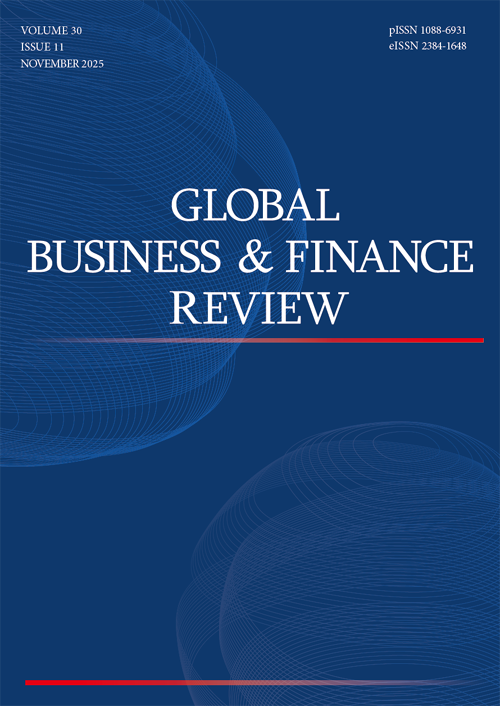Purpose: This study aims to analyze global research trends in university governance, highlighting key themes, research gaps, and emerging areas, particularly in the context of digital transformation and international collaboration. By utilizing bibliometric analysis, this study seeks to provide insights into how governance frameworks evolve and influence higher education institutions' efficiency, accountability, and competitiveness.
Design/methodology/approach: A bibliometric analysis was conducted using data sourced from the Scopus database, covering the period from 1961 to 2024. The study employed Biblioshiny for citation analysis, keyword co-occurrence mapping, and thematic evaluation. The research identified leading contributors, key themes, and collaboration networks in university governance literature. The study also examined the extent of digital technology integration in governance and assessed disparities in global research contributions.
Findings: The findings reveal that university governance research is growing, yet digital transformation and international collaboration remain underexplored. Research output is dominated by developed countries such as China, the United Kingdom, and the United States, while contributions from developing nations remain limited. Thematic analysis shows that governance studies primarily focus on management efficiency, student engagement, and institutional accountability, with limited research on artificial intelligence (AI) and blockchain applications in governance.
Research limitations/implications: This study is limited by its reliance on bibliometric analysis, which depends on indexed publications from databases such as Scopus. The exclusion of non-English literature and gray literature may have resulted in a partial representation of university governance research.
Originality/value: This study extends the technology acceptance model by incorporating branding constructs, offering a comprehensive view of loyalty formation in mobile hotel app



